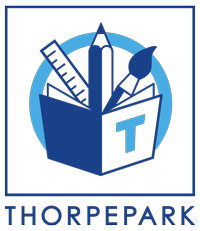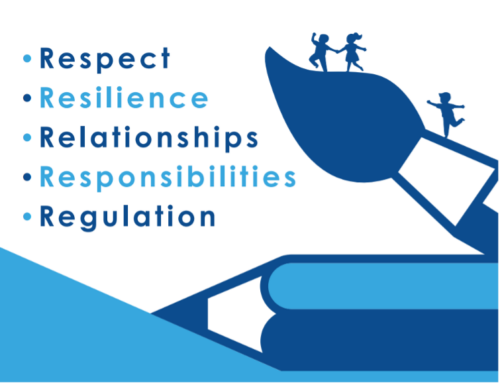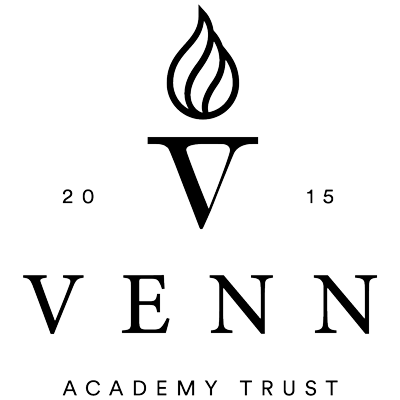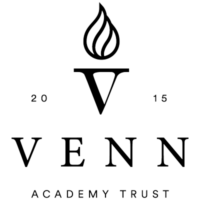Thorpepark’s approach to reading and phonics
Children at Thorpepark are exposed to quality books and text from the day they start to the day they leave. Reading is a life skill that we believe every child will learn and develop at our school. We embed a culture of learning to read and then reading to learn.
Foundation and Key Stage 1- How do we teach children to decode?
Little Wandle is the scheme that is used from Nursery to Year 2. Phonic sessions are taught daily across our Early Years Foundation Stage and Key Stage One. Those children who still have a phonic need will receive daily Little Wandle Rapid phonic interventions.
In addition to the daily phonics session, children in Foundation Stage Two, Year One and Year Two (Autumn term) participate in at least three reading practice sessions per week. This allows them to apply and practice the phonics knowledge they have learnt that week.
They are taught how to:
- recognise the sounds that each individual letter represents;
- identify the sounds that different combinations of letters make – such as ‘sh’ or ‘oo’; and
- blend these sounds together from left to right to make a word.
Pupils can then use this knowledge to ‘de-code’ new words that they hear or see. This is the first important step in learning to read.
The progression of GPCs and tricky words that we teach term-by-term in our programme, along with support for phonics videos to show you how to pronounce the sounds, guidance on how children are taught to say sounds and how to support your child reading at home can be viewed by clicking on the link below
https://www.littlewandlelettersandsounds.org.uk/resources/for-parents/
What does it look like in the classroom?
We teach phonics daily in the Reception and Year 1. Phonics is taught from the first day in recaption. By following Little Wandle Letters and Sounds Revised, we are able to ensure our pupils build on their growing knowledge of the alphabetic code, mastering phonics to read and spell as they move through school.
As part of this approach, we use Collins Big Cat for Little Wandle Letters and Sounds Revised phonically decodable books that have been specially designed to match the teaching and learning of the phonics programme. These books are carefully and precisely matched to the child’s secure phonic level to ensure a reading fluency level. This automaticity allows the child to then focus on what they are reading and their understanding of what they have read. These books are read in school three times before they are shared at home with parents and carers.
Any pupil who needs additional practice has daily keep-up support, taught by a fully trained adult. Keep-up sessions match the structure of class teaching, and use the same procedures and resources, but in smaller steps with more repetition, so that every pupil secures their learning.
We timetable daily phonics lessons for pupils in Year 2 who are not fully fluent in reading, have gaps in their phonic knowledge or have not passed the Phonics Screening Check (taken at the end of Year 1). These pupils urgently need to catch up, so the gap between themselves and their peers does not widen. We use the Little Wandle Letters and Sounds Revised assessments to identify the gaps in their phonic knowledge and teach to these. If any pupil in Year 3 to 6 has gaps in their phonic knowledge when reading, we plan phonics ‘catch-up’ lessons to address specific reading gaps. These short, sharp lessons last 10 minutes and take place at least three times a week.
Book Spine
We want to promote quality literature in all classrooms. At Thorpepark we have a book spine per year group to ensure children have access to a range of authors, poets and playwriters.
Thorpepark is also a member of the school library service which gives the school access to an array of resources such as, class texts, resource boxes, topic boxes, story sacks and book club in a bag. This subscription also enables the school to have access to author visits, Big Malarkey Festival and staff training.
Parental engagement
Thorpepark promotes reading at home and encourages children to read as often as possible. Each child has their own reading record where reading is tracked and communicated back to the teacher. Parents are encouraged to join their child in ‘stay and play’ sessions focusing on reading, phonics and mark making.
To promote reading at home in EYFS and KS1 we have launched ‘Bedtime Reading’. Every child can loan a book and a cuddly reading buddy to read at bedtime.

Key stage 2
What does reading look like in Key Stage 2?
Reading in Key stage 2 builds on the skills acquired from Key stage 1. Children will have the opportunity to read for different purposes to support their learning across the curriculum. Through independent, guided and whole class reading the children will have the opportunity to read a wide range of genres.
Guided Readers
In guiding reading, children will explore texts by using different types of questions. Looking questions allow children to support an answer by using the text. Inference questions ask the child to look for clues in the text. Thinking questions are used for children to use their own experiences to answer questions.
Reading for pleasure and widely and often
The school promotes reading in lots of different ways.
In Key Stage 2, we have a reading club called ‘Reading legend’ in which children can loan books and read authors that they might not always choose. This club runs twice a week.
The school has a reading challenge for all KS2 children in which they need to read a range of selected books and genres to achieve their bronze, silver and gold award.
The school has 101 books that are planned in the curriculum and are available for the children to read. These books have been carefully selected to provide a rich literature diet.
The school works in partnership with the local library ‘Greenwood’ and every child from year 1 to year 6 will visit the library during the year. Every child is issued with a library card which they can use outside of school.
Reading is celebrated weekly for Key Stage 1 and 2 and children can earn a golden coin for the Reading vending machine.
“Pupils thrive at Thorpepark Academy.”
“Leaders know the pupils, their families and the community very well.”
“Pupils are motivated to learn.”
“The school’s offer for pupils’ personal development is exceptional.”
“Pupils are motivated to learn. They enjoy lessons and they achieve well.”
“By the end of key stage 2 pupils have secure knowledge in English and mathematics.”
“Pupils are well prepared for secondary education.”
“Leaders prioritise pupils’ well-being.”
“Pupils understand how to keep their minds and bodies healthy.”
“Pupils know ways to raise their own self-esteem and that of others.”
“Pupil ambassadors check on other pupils’ well-being.”
“Pupil mentors support younger pupils and those new to the school.”
“Pupils are empathetic and show understanding of other pupils’ needs.”
“Parents work in partnership with leaders and staff.”
“Many parents appreciate the adult learning and volunteering opportunities available to them.”
“Leaders, including the trust, ensure that pupil, parent and staff well-being is a top priority.”
“Leaders are committed to and highly skilled in supporting pupils who struggle to manage their own behaviour.”
“There is a truly inclusive ethos.”
“Leaders have designed the curriculum to develop pupils’ sense of belonging, identity and pride in being from Hull.”
“Pupils learn about people and places from their local area in all subjects.”
“Leaders have ensured that the teaching of reading is strong.”
“Pupils are exposed to a wide range of high-quality books.”
“Lots of initiatives are in place to encourage pupils’ love of reading.”
“Children in the early years get off to a good start.”
“The curriculum for pupils with special educational needs and/or disabilities (SEND) is well designed.”
“Pupils often benefit from bespoke plans which are matched to their needs.”
“Pupils love the ‘Thorpepark 50’.”
“Extra-curricular clubs are carefully chosen to stretch individual pupils’ talents in music, sport and other areas, including sewing.”
“Pupils learn the importance of contributing to their community.”
“Pupils enjoy being active citizens and getting paid in credits they can spend in the school shop.”







